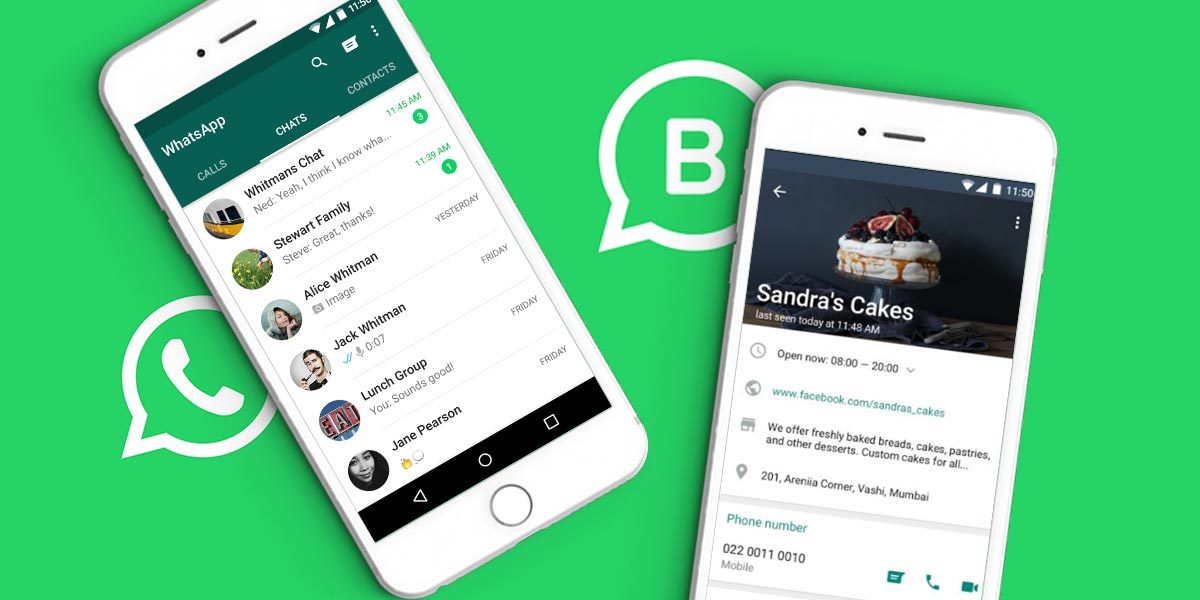

AI programs have been incorporated with the goal of passing the Turing Test, and this, along with other applications of the tech, has led to an entire industry of solutions tailored to help organizations optimize sales and marketing activities for bottom-line profits.Īnd when it comes to combining chatbots with WhatsApp, you get a match made in heaven. ELIZA could recognize keywords or phrases and then produce pre-programmed responses. Created by Joseph Weizenbaum at MIT in 1994, ELIZA functioned much in the way that current chatbots do. One of the first chatbots developed was called ELIZA. What's more, you can automate your communication with clients.

And the WhatsApp’s created seamless integration options, making it just as simple to create a business WhatsApp presence as an individual would. Today your business can become easily contactable via WhatsApp plugins on their websites and run push marketing campaigns. While WhatsApp was initially designed for private use, the need to expand its reach to support businesses quickly became apparent. And like all valuable apps, WhatsApp's evolution has been influenced by a range of factors. Fast forward to 2014, and Facebook acquired WhatsApp for a cool US$1.5 billion. What's equally surprising is that Acton and Koum were rejected by Facebook when applying for roles in the social media giant's dev team. But there was a good chance that they hadn’t imagined the level of success they would achieve. Back in 2009, founders Brian Acton and Jan Koum, both former Yahoo! employees realized the potential of the iPhone app store. There’s much about WhatsApp’s story that makes it one of the most interesting of our time.


 0 kommentar(er)
0 kommentar(er)
